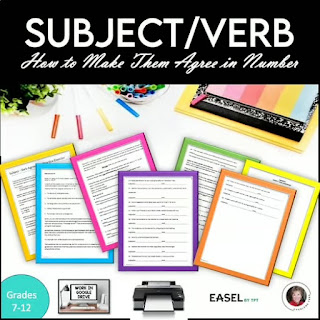Reflecting on Incidents and Feelings
When students are in school, it’s hard to believe that they won’t remember everything about their lives when they are older. The truth is they will forget many interesting things. The human brain is wired to forget unused or ineffective brain connections to make room for new memories.
Help your students get into the habit of writing a letter to themselves at the end of each year to summarize the significant incidents and feelings they would like to remember later. They can go back and read it in the future. I promise you it will be a worthwhile experience for them and for you.
“Writing a Letter to Myself” is a FREE activity for the end of a calendar year or the school year. You can get your FREE resource here.
Reflecting on Literature Read During the Year
The analysis of literature is a higher-order thinking skill that all students will be called upon to master from middle school through college in language arts classes. After reading a short story, novel, poem, or play, students will benefit from learning how to write about what they liked or disliked about the literary piece, discuss its literary elements, and decide what makes it unique.
Students can reflect on the literature they most enjoyed or disliked and explain their reasons. Assignments such as these will help the teacher when planning future assignments.
I have a bundle of writing about literature resources in your store. Each resource is available individually, but you will save 20% if you buy the bundle. All of the resources have been assigned to my own students. I never put a resource in the store that my students disliked.
This time-saving bundle includes:
- Analyzing a Fictional Character Writing Activity
- Archetypes in Literature Critical Essay Writing
- Character Analysis Writing Exercise with Rubric
- Comparing and Contrasting Two Short Stories
- Guide to Understanding Any Novel
- Pretty Darn Fast Poetry Analysis Technique
- Reading Reaction Journal Writing Activity
- Short Story Analysis with Study Questions
- Short Story with Comprehension Questions
- Tips to Write a Timed Critical Essay
- Three Ways Authors Reveal Characters
- Understanding the Meaning of Metaphors
I hope this gives you some ideas for helping your students reflect on their growth as writers and readers. Visit my store for more helpful resources.
Check out the Linky Party below to find blog posts from my teacher friends at The Best of Teacher Entrepreneurs Marketing Cooperative. If you would like to join this group, click here.





















